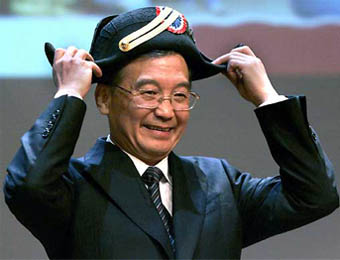In a previous post we explained Carol Dweck’s approach to “fixed” versus “growth” mindset. Carol Dweck’s considerations are at the personal level. But what about the national or collective mindset?
The Industrial Age mindset is very much a “fixed mindset”. This was clearly shown by the myth of the ‘fixed IQ’ (your intelligence is innate, you can’t change it); the Freudian approach of seeking what could have happened in your past that determines what you are today… and many institutions in several countries where one’s professional fate is essentially determined by one’s academic prowess.

Still there were cultural differences in these instances, that originated from a distant cultural past. Some countries like France or China are very much “fixed mindset” – you intelligence is a given and expressed by the school you visited (and entered through a competitive examination); and that essentially determines your career and social status. Even when you are 50 or 60 years old people ask for your school studies to determine your social ranking! Other cultures like the British or the American appear to be much more of a “growth mindset” and it is usual to consider the present qualities, abilities and skills of people and not so much what they studied 20 years ago (albeit with some limitations in the upper ranks of society though).
As we step into the Collaborative Age we understand the tremendous damage that a “fixed mindset” can have on individuals and also on entire societies.
The solution to the crisis of the Western World, and to the transition in the Collaborative Age, is to adopt a “growth mindset”. Through learning, development and experiment can we all as a society reach a higher condition. Let’s switch our collective mindset to a clear, unequivocal “growth mindset”!
